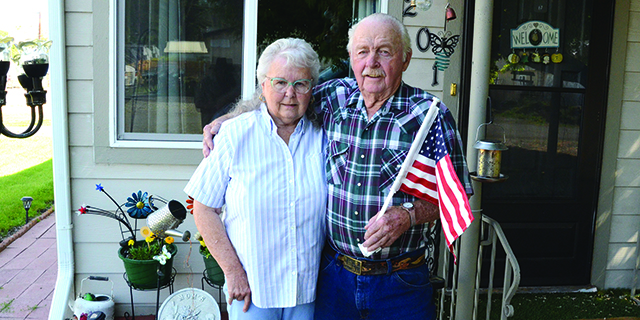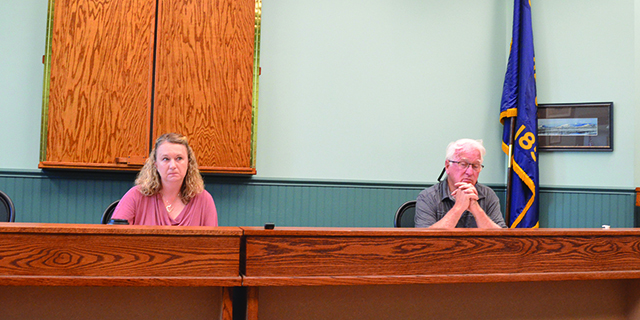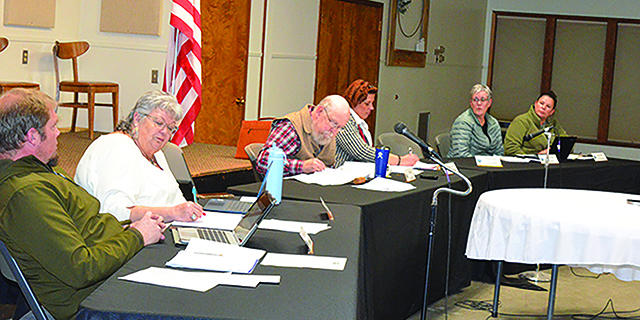Along the Greatest Dead-End Road in the World: A lump in the neck, a lump in the throat
Published 5:00 pm Wednesday, September 3, 2008
The lump first appeared on the back of my 18-year-old daughter’s neck about ten months ago. It didn’t seem like anything to be too concerned about, since I come from a long line of lumpy folks.
Besides, even people without a lumpy lineage develop such protrusions all the time. What were the chances that this one was worth fretting over?
By January, though, the thing was clearly getting larger, and it was clearly time to have it checked out. Her doctor said the lump, whatever it was, should be removed and biopsied.
That, happily, involved a fairly simple, three-hour out-patient procedure – albeit one that gave me the first-ever experience of seeing my daughter in a hospital bed with tubes running in and out of her body. I didn’t like that image at all. In retrospect, however, it was much nicer than the picture painted by her general-practitioner when the biopsy results came in.
My daughter, the doctor said, had a condition that made her a candidate for lymphoma, a cancer of the lymphatic system.
Imperfection
If the world were a perfect place, parents would never lose their children, never have to take them to a hospital, and never have to fret about their health.
But that, of course, does not describe life on the planet we happen to inhabit.
If you are a parent – and I type this next sentence with absolute certainty – you have wondered how any mother or father could possibly survive the loss of a child when you can’t allow yourself to even think about such a loss.
I once met a family soon after their outrageously smart and adorable 4-year-old daughter had been diagnosed with terminal brain cancer. Over the next two years, I watched, firsthand and close-up, as the disease not only ravaged this little girl, but the hearts and spirits of her mom and dad.
When the little girl died, her parents, incredibly, survived. But their loving and once-sturdy marriage lasted only a few more months because … well, because just looking at each other reminded them of their loss, their pain and their paralyzing fear that they would never again laugh, smile or enjoy a single minute of life.
Perfection
Two weeks after the first doctor’s diagnosis, a specialist looked over my daughter’s biopsy. She was not a candidate for lymphoma, he said. Whatever the problem was, it was almost certainly nothing to fear.
He wanted more blood tests to determine the cause of the lumps.
After another three weeks had passed, the specialist offered his final diagnosis: the lumps were a symptom of mononucleosis, a “self-limiting” infection that almost always goes away on its own – as it already had in my daughter’s case.
Normally, I like to think of myself as a positive thinker. But normally, my daughter’s health isn’t at stake. Between those two, vastly different diagnoses, I don’t know if five minutes passed wherein several worst-case scenarios didn’t stampede across my mind.
But also between those two diagnoses, I don’t know if two seconds passed in which I didn’t think about how much I really love my daughter, how much she really means to me, or how much I really want her life to be blissfully happy, ridiculously healthy and very, very long.
In the long run, anything that reminds us parents of how much we really love our children is a good thing.
Well, OK – almost anything.





